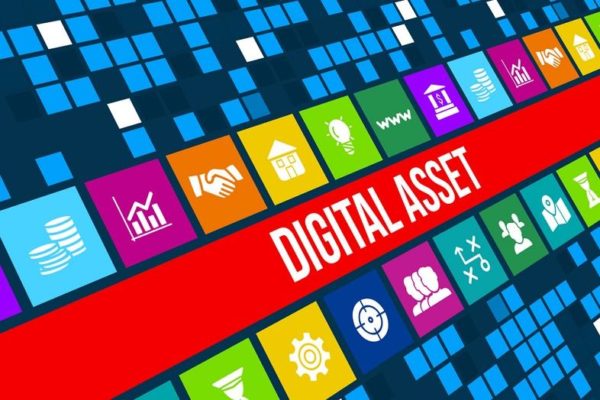 Technology has created new jobs, a new industry, and a new step in estate planning. The days of just gathering just paper documents folder so your love ones can find it when necessary are over. There is one more step – digital assets. Digital assets are commonplace and need to be considered when putting together an estate plan. To make sure your estate plan is complete, here are some steps to follow when gathering the information for your estate plan to make sure the digital assets are included.
Technology has created new jobs, a new industry, and a new step in estate planning. The days of just gathering just paper documents folder so your love ones can find it when necessary are over. There is one more step – digital assets. Digital assets are commonplace and need to be considered when putting together an estate plan. To make sure your estate plan is complete, here are some steps to follow when gathering the information for your estate plan to make sure the digital assets are included.
Make A List
The most common documents are thought of first when gathering the information for an estate plan. Deeds to property, list of jewelry, the contents of a home are a few. When you gather all your assets together your online accounts need to be included so the executor can have access. Not sure what digital assets are? They are defined as follows:
Digital property (or digital assets) can be understood as any information about you or created by you that exists in digital form, either online or on an electronic storage device, including the information necessary to access the digital asset.
These can be family photos stored on a computer hard drive to the login information for an online financial account. To be safe, if you want to make sure anything online is passed on, resolved, or shut down after you pass, include it on this list. Whether it has monetary or sentimental value – it should be included.
Know What to Include- Examples of Personal and Monetary Digital Property
Understanding what to include in your digital list can be daunting. Consider the following when you sit down to make your digital asset list. Accounts that are used to manage money and may hold money or credits, like PayPal, bank accounts, loyalty rewards programs, and any accounts with credit balances in your favor are the digital assets that come to mind first because of the monetary value. But your digital assets can be a much more intensive list when you stop and considering everything you do on your computer.
Computer hardware, external hard drives or flash drives, tablets, smartphones, digital music players, e-readers, digital cameras, and other digital devices need to be on your list. These items may contain crucial information that may need attention in the processing of your estate. These may also have personal information you want someone to have for has for sentimental reasons. In addition, any of these have monetary value if they generate revenue. Any information or data that is stored electronically, whether stored online, in the cloud, should make the list. This includes art, photos, music, eBooks, intellectual property, websites or blogs that generate revenue for you. Domain names, including copyrighted materials, trademarks, and any code you may have written and own are other examples of digital assets that need to be considered in the estate planning process.
Any online accounts, such as email and communications accounts, social media accounts, shopping accounts, photo and video sharing accounts, video gaming accounts, online storage accounts, and websites and blogs that you may manage. If you want these accounts shared or shut down in your estate, they need to be included.
Hire An Attorney
Lastly, I always recommend hiring an attorney when putting together an estate plan and with digital assets this is even more important. Technology is changing as a fast pace with increasingly companies using cloud based storage. In addition, intellectual property is a relatively new field. Only an attorney in the estate planning field will have the up-to-date knowledge to put your estate plan together properly and save your family time and money.




